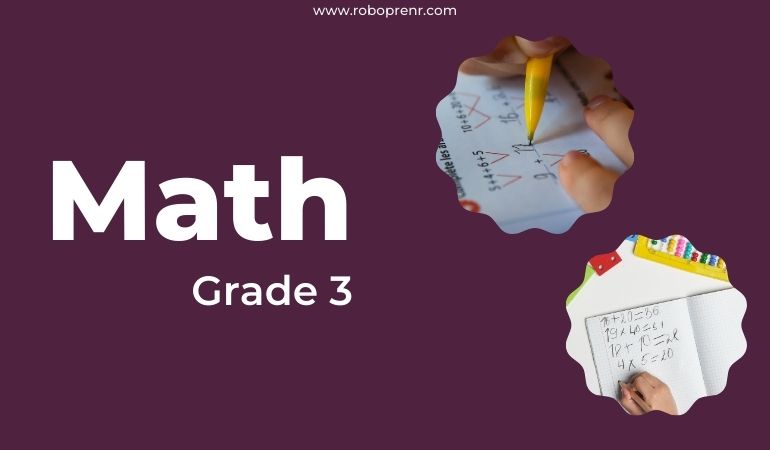1668A, 14th Main Rd, Sector 7, HSR Layout, Bengaluru, Karnataka 560102
+91 99459 30733 (9am - 6pm IST, Saturday - Sunday) (10am - 7pm IST, Tuesday - Friday)

Mathematics plays a crucial role in helping students understand the world by recognizing patterns and developing strong problem-solving skills. It enables students to think logically and approach problems step by step.
At Roboprenr, our curriculum is designed by experts to ignite a passion for mathematics in young learners. We use intuitive and engaging teaching methodologies to make math both exciting and accessible. Our curriculum aligns with the latest educational standards and patterns followed by various boards and Olympiads, ensuring comprehensive coverage of essential topics.
By following this curriculum and completing the provided assignments, students will not only excel in their academic exams but also be well-prepared for maths Olympiads. Our approach emphasises both conceptual understanding and practical application, encouraging students to explore the beauty of mathematics.
Upon Completion of the Course, Students Will Have:
What is Olympiad examination?
Olympiad examinations at school level are competitive examination, based on the school syllabus, which are conducted through various independent organization. These exams give exposure to students about the competition and make them ready to face any competitive challenge that would be thrown upon them in the future.
Importance of Olympiad examination
Olympiad Examinations help to identify a child's capability and assessment of his/her real potential in competing in today's world. They also bring out the areas needing attention so that proper orientation can be given in areas lacking proficiency. In a nutshell, they are a platform for realistic assessment to prepare a child to face the modern competitive world.
Experts agree that "Early Age Competition" can be a "win" for Kids - but only if parents, coaches and teachers handle it well. The competition should be healthy, not harmful.
How to prepare for Olympiad exams?
Most of the Olympiad exams are conducted on a syllabus similar to those that kids study at school. It means that they do not require additional reference books for the preparation of these exams. However, at the same time questions asked in these exams are quite different than what kids learn in school. Questions are trickier and conceptual.
To excel in "Olympiad Exams", it is essential for the students to understand the exam pattern, evaluate and prepare themselves on the Olympiad standard question.
We at Roboprenr provides an objective and in-depth program for Olympiad Exam preparation.
Curriculum is designed to provide comprehensive coverage for ICSE, CBSE, IB & IGCSE boards and various Olympiads.